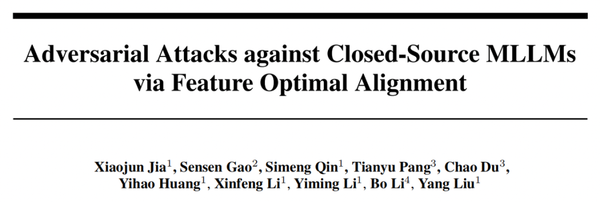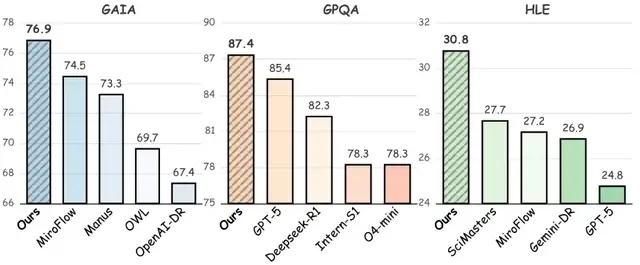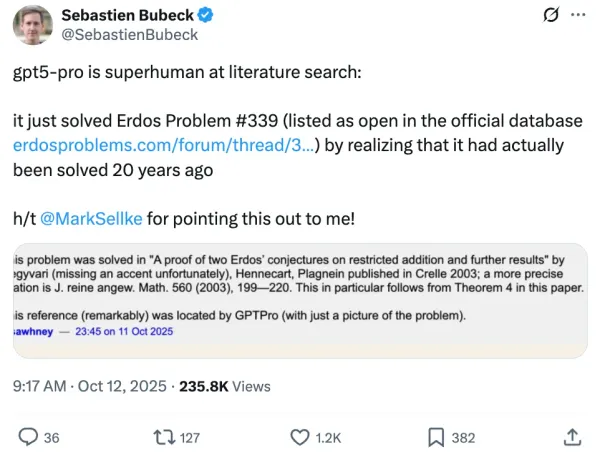
GPT-5
OpenAI Leaders Reveal GPT-5 for the First Time — Not the Next Gen GPT, but the Ultimate AI Researcher
GPT‑5: From Fast Responses to Autonomous Research Recently, OpenAI’s Chief Scientist Jakub Pachocki and Chief Research Officer Mark Chen joined a16z for an in‑depth interview, systematically revealing GPT‑5’s positioning for the first time. > This is not an incremental GPT‑4 update — it marks a







